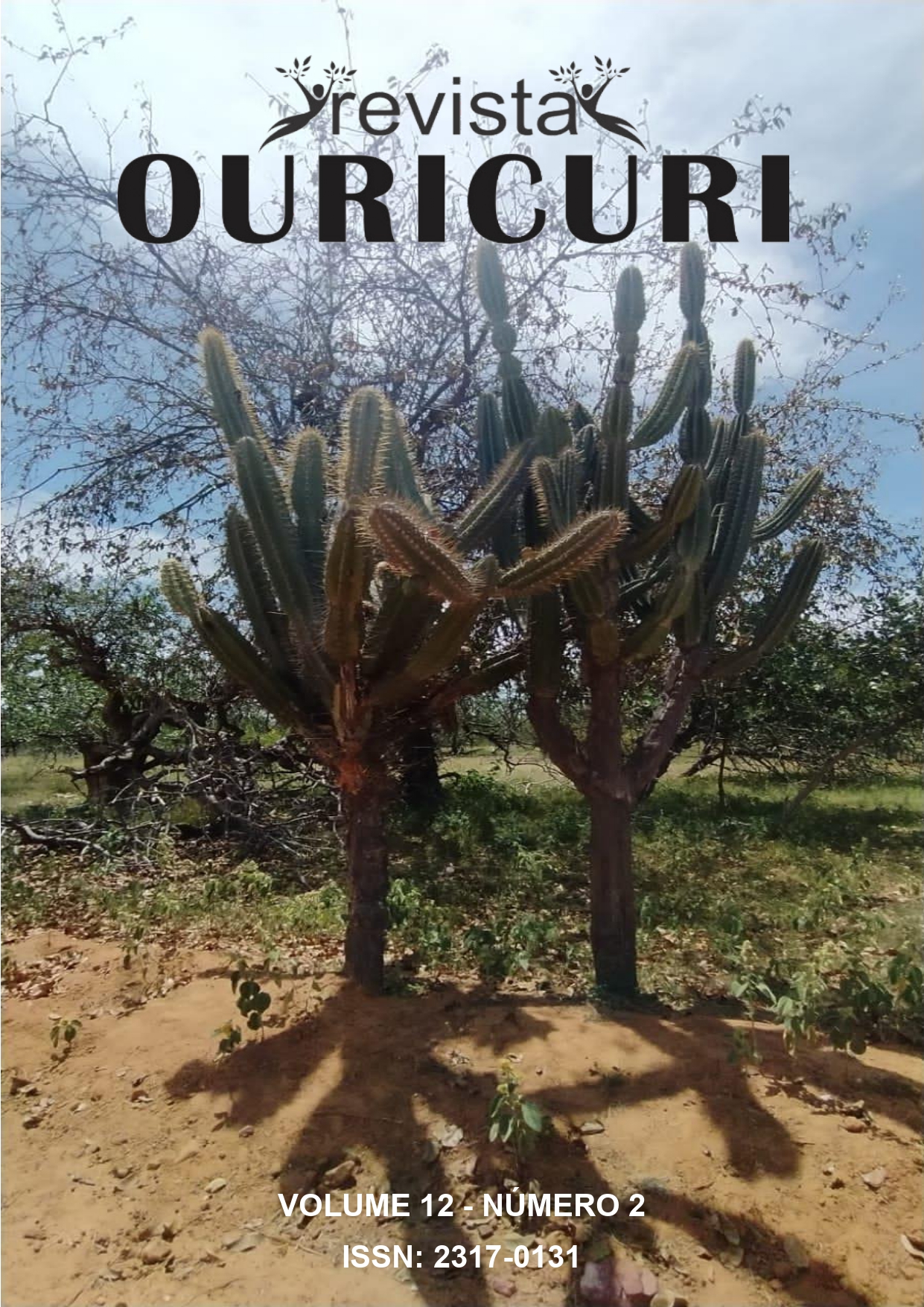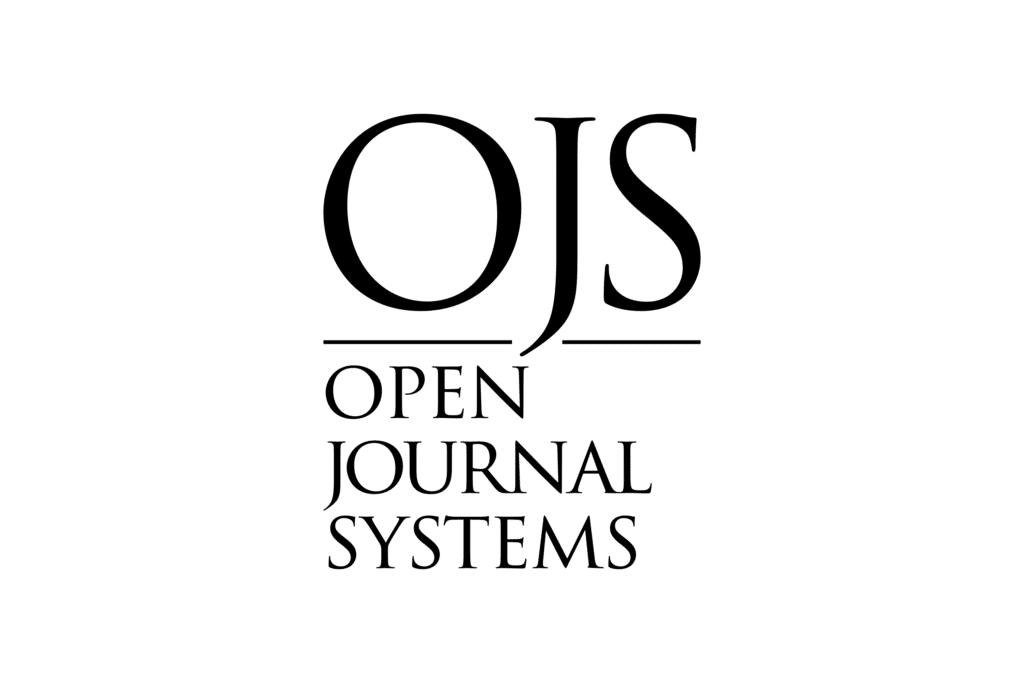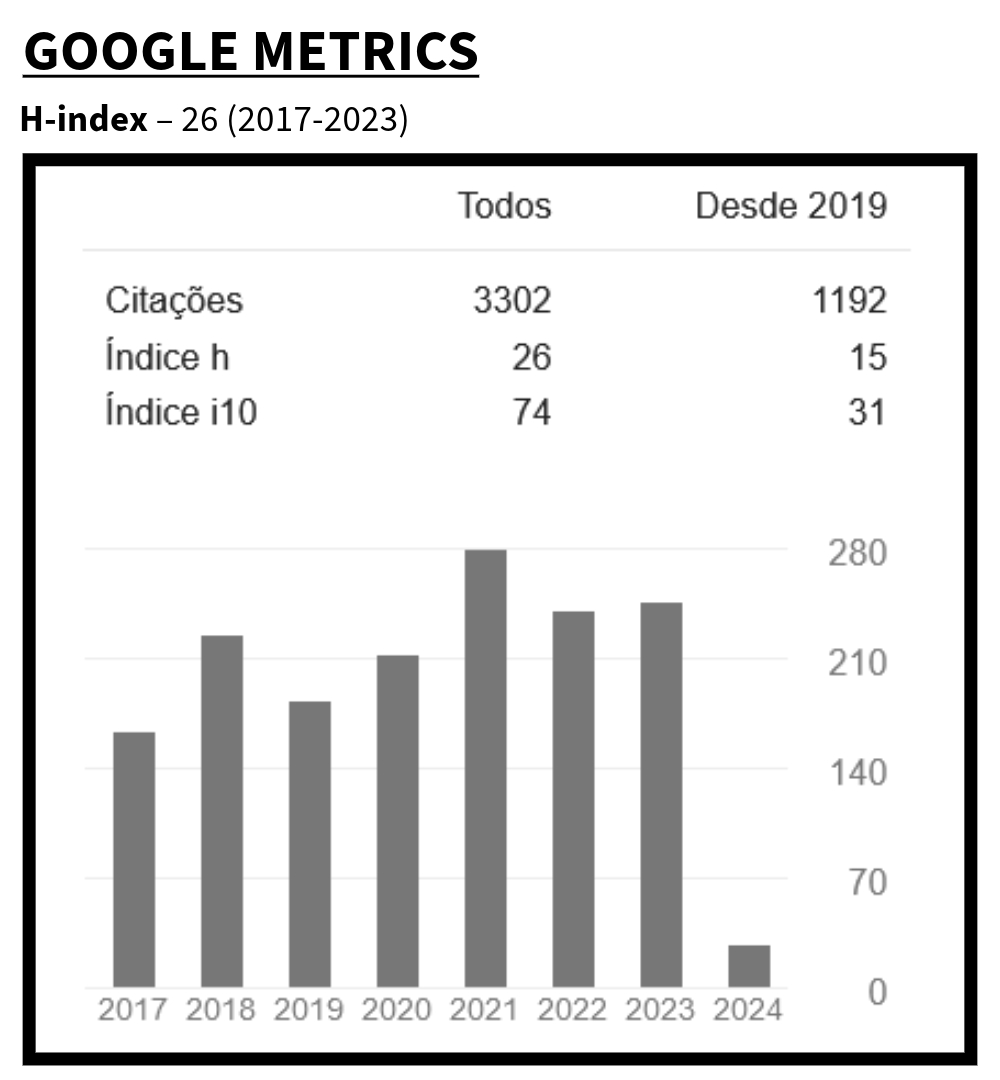SMALL-SCALE FISHERS IN PARTICIPATIVE MANAGEMENT OF WATER RESOURCES
DOI:
https://doi.org/10.29327/ouricuri.12.2-10Keywords:
traditional communities, river basins committees, shared management, conflicts, hydro-territoriesAbstract
The primary acquisition of water resources for economical ways usually limits the multiple and usual practices done by small-scale fishers, eliminating their traditional conceptions of domain and practice as well, and impelling the beginning or aggravation of conflicts. Some Brazilian watershed management are hydro-territories permeated by related conflicts in water resource administration, however a portion of those conflicts are not discussed, even in resolutive establishment such as the National Water Resources Management System (SINGREH) instances. This paper had as objective evaluates small-scale fishers participation in Brazilian water resources management. For this it was made a bibliographical research in different databases. The study results showed that in spite of traditional communities possess insured seats in SINGREH instances, it was shown that fishers presence in those forums it is use to legitimate other categories interests. It was identified that fishery territories restriction is the main cause for conflicts involving small-scale fishers and participative management is a successful strategy in conflicts resolution. However, it needs to be changed to reach different agents of society valorization. It was also evidenced the importance of other strategies and spaces which aim to sharing resources management and resolution of those conflicts.
Downloads
Downloads
Published
How to Cite
Issue
Section
License
Authors who publish in this journal agree to the following terms:
a) Authors maintain copyright and grant the magazine the right of first publication, with the work simultaneously licensed under the Creative Commons Attribution License which allows sharing of the work with recognition of authorship and initial publication in this magazine.
b) Authors are authorized to enter into additional contracts separately, for non-exclusive distribution of the version of the work published in this journal (e.g., publishing in an institutional repository or as a book chapter), with recognition of authorship and initial publication in this journal.
c) Authors are allowed and encouraged to publish and distribute their work online (e.g. in institutional repositories or on their personal page) as this can increase the impact and citation of the published work (See The Effect of Open Access).













 B1 (2017-2020)
B1 (2017-2020)



















